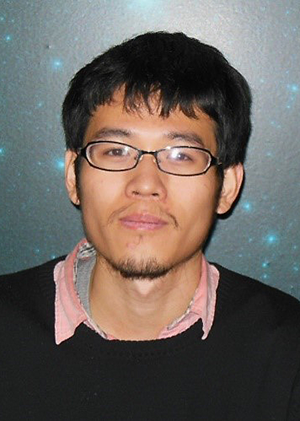USTC Astronomy Colloquium Series: 2023 Spring
Transient obscuring winds in Active Galactic Nuclei
毛俊捷 副教授
清华大学
2023/03/21, 4:00pm , the 19th-floor Observatory Hall

报告人:
Dr. Junjie Mao is currently an Assistant Professor at the Department of Astronomy (DoA), Tsinghua University. Before joining DoA, he was an Assistant Professor at Hiroshima University in Japan (2021-2022) and a Research Associate at the University of Strathclyde in the UK (2018-2021). He obtained his Ph.D. degree at Leiden University (Leiden Observatory) and SRON (Netherlands Institute for Space Research) in the Netherlands in 2018. His research interest revolves around high-resolution spectroscopy of astrophysical plasmas, including ionized winds driven away from supermassive black holes, elemental abundances of the hot atmospheres of individual galaxies and galaxy assemblies, development of plasma models and atomic databases.摘要:
Active Galactic Nuclei (AGNs) are the observed manifestation of inflow of matter onto supermassive black holes. Ionized winds driven away from black holes have also been observed, which might play an important role in the evolution of black holes and their host galaxies. In the X-ray band, three types of ionized winds have been observed so far: warm absorbers, ultrafast outflows, and obscuring winds. Obscuring winds are rarely seen due to their transient nature. The putative disk wind leads to a pronounced flux drop in the soft X-ray band. It can last for several weeks or years. Contemporaneous observational features found in the NIR to UV bands might be associated with the soft X-ray obscuration. More observations are required to improve our general understanding of the diverse multi-wavelength features of obscuring winds.  邮编:230026 ,
邮编:230026 ,  联系电话: 0551-63601861
联系电话: 0551-63601861 Email:
Email: